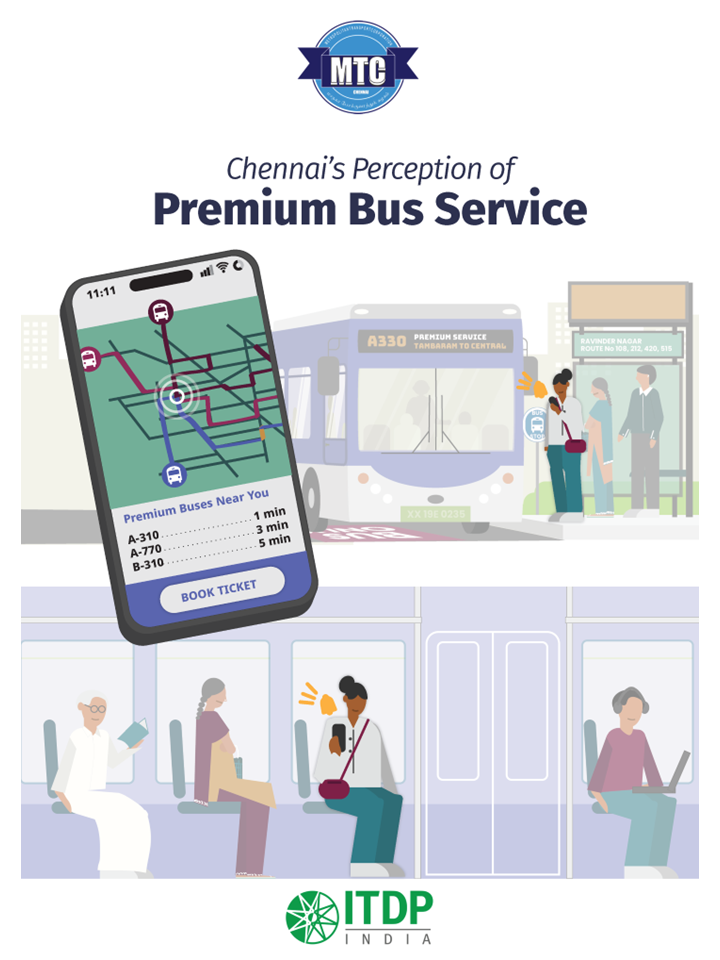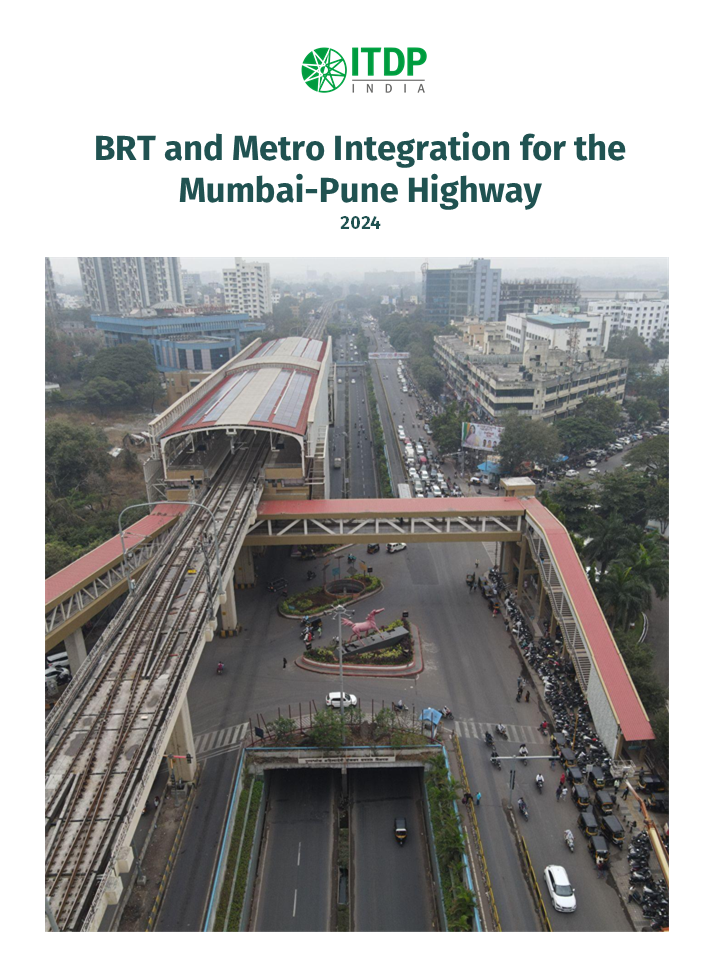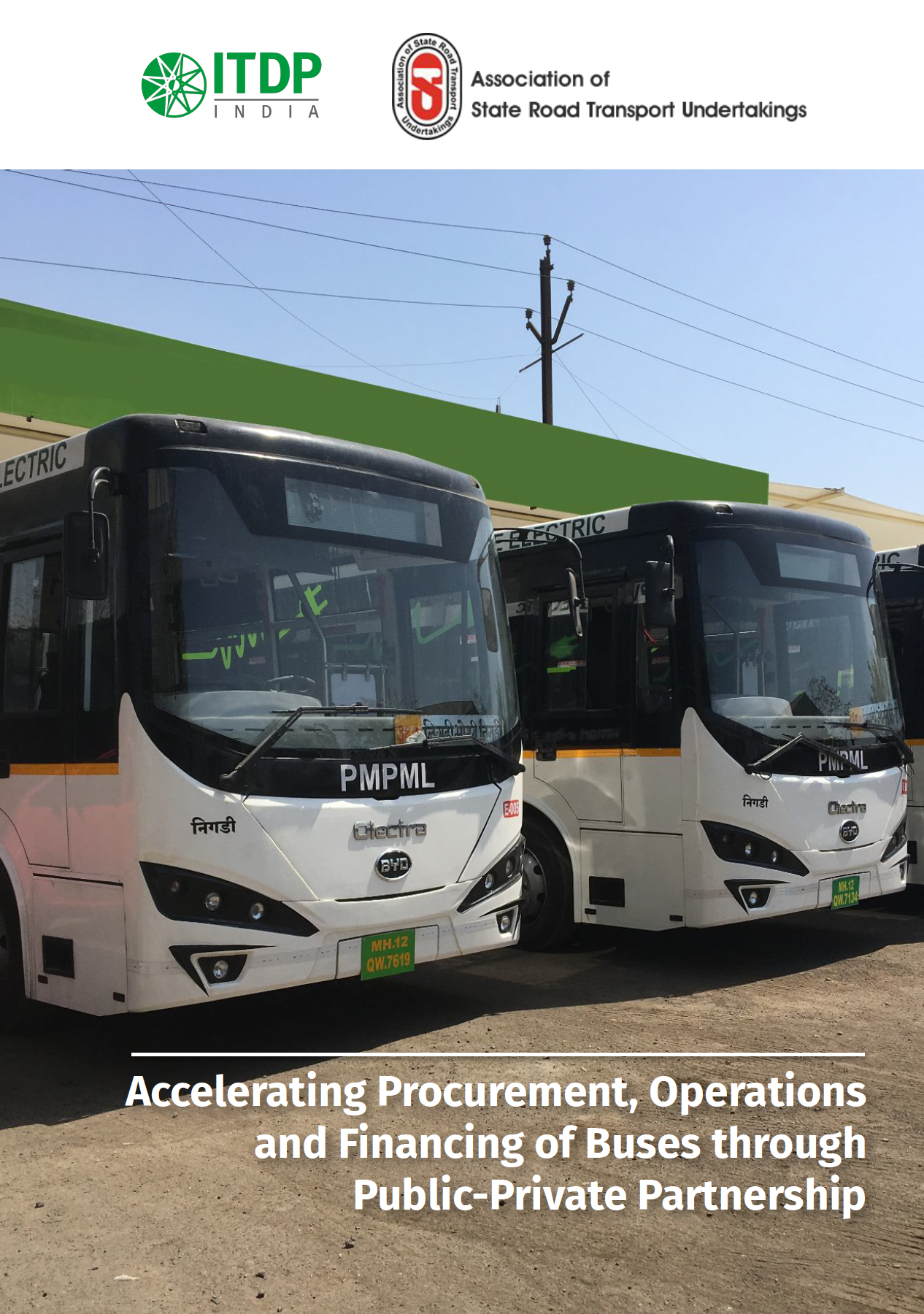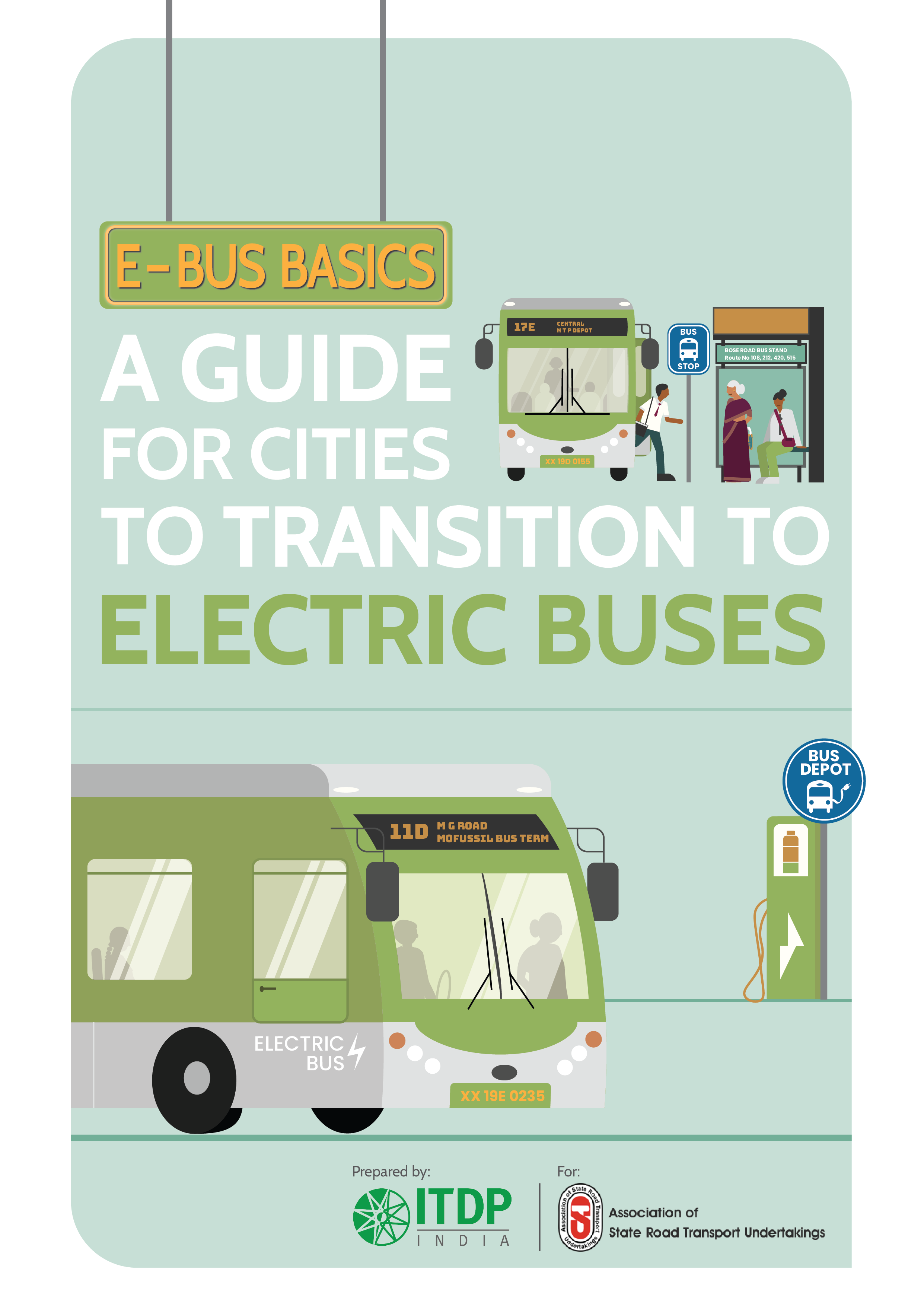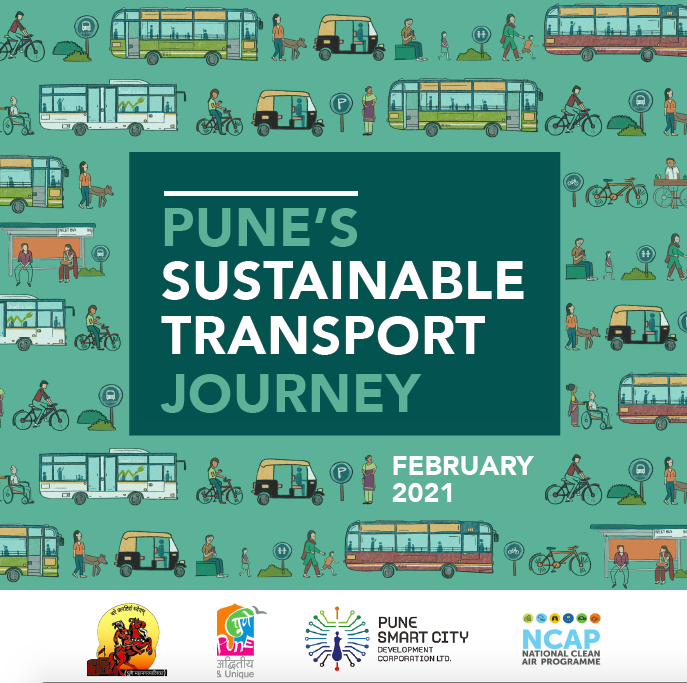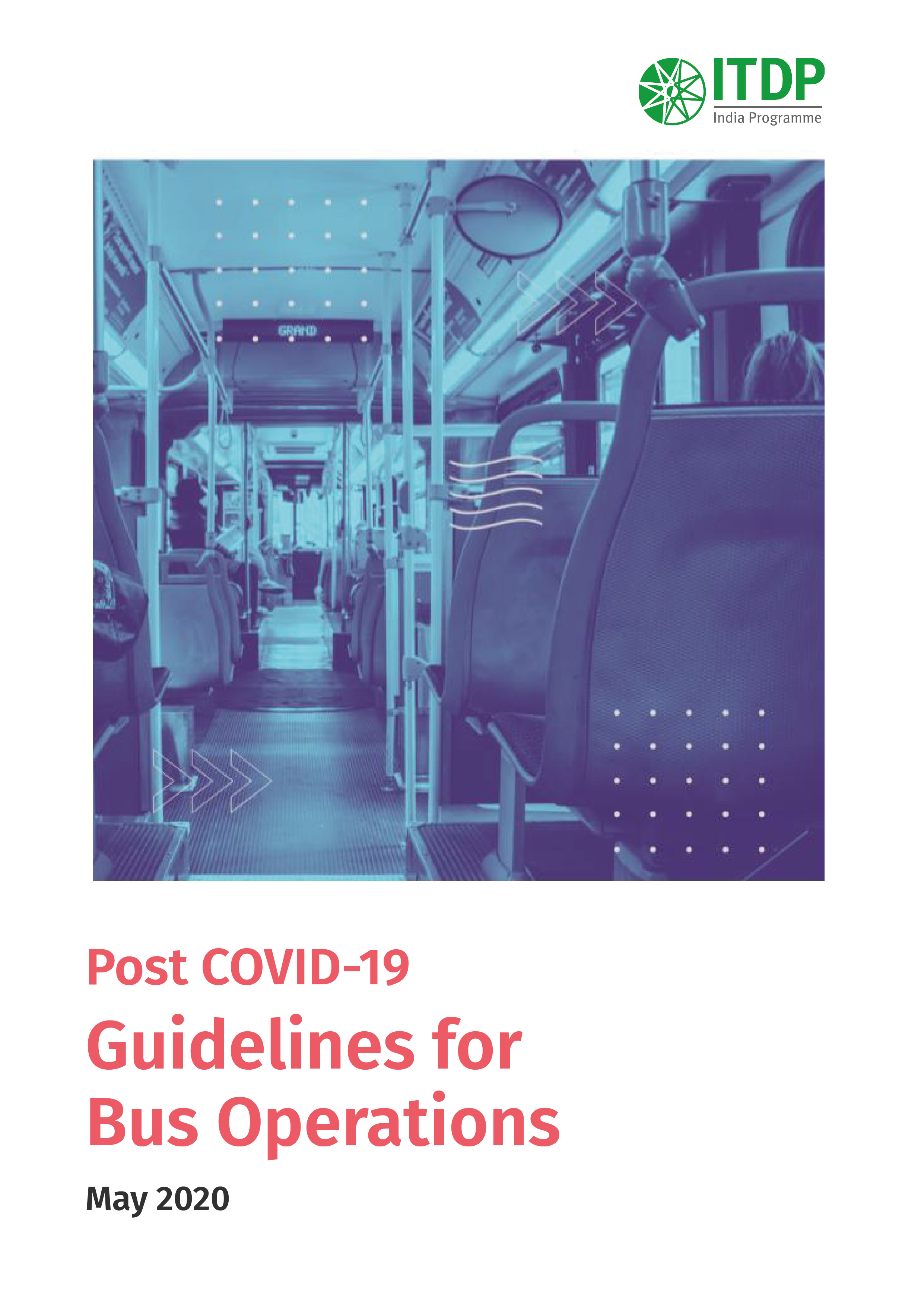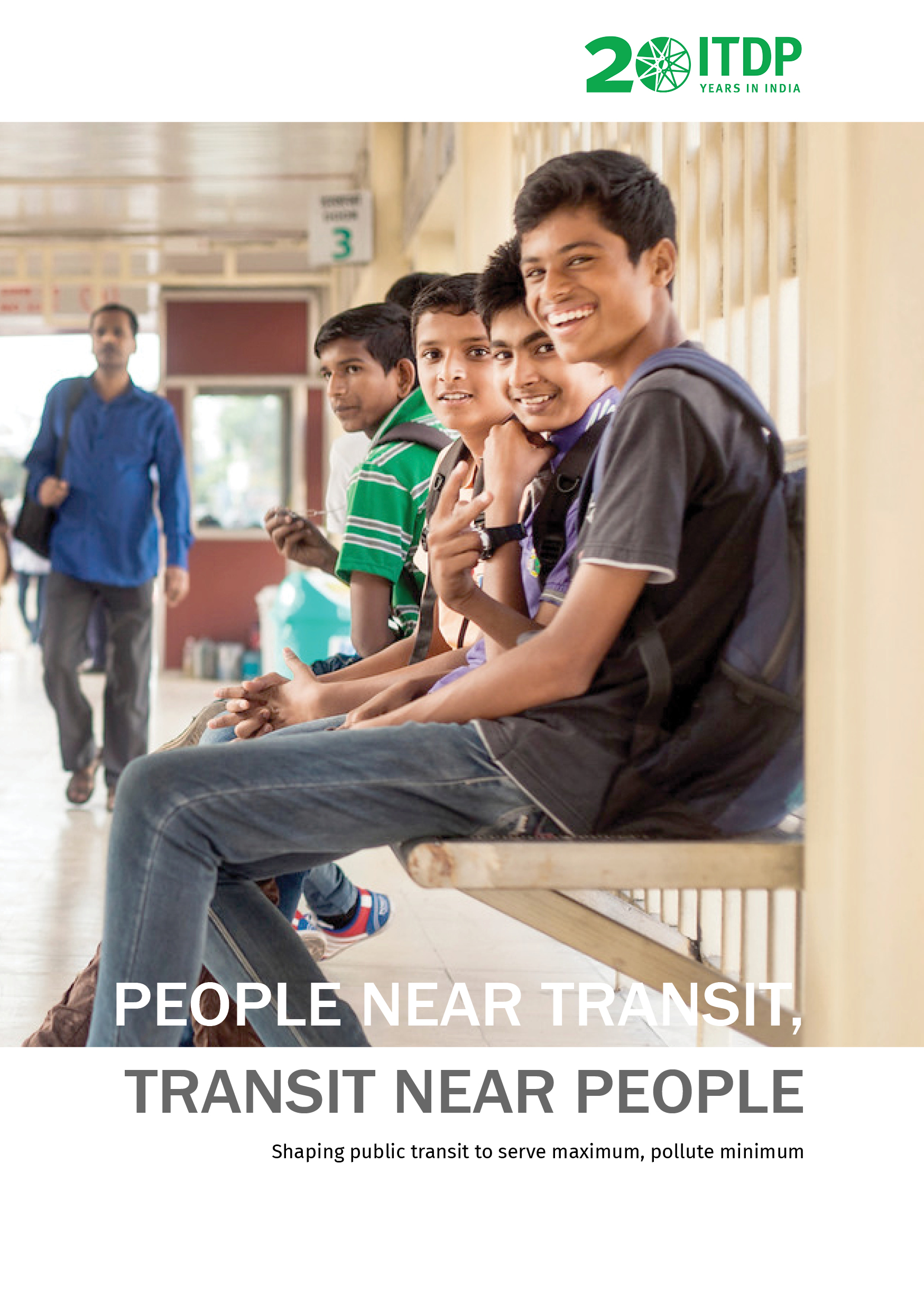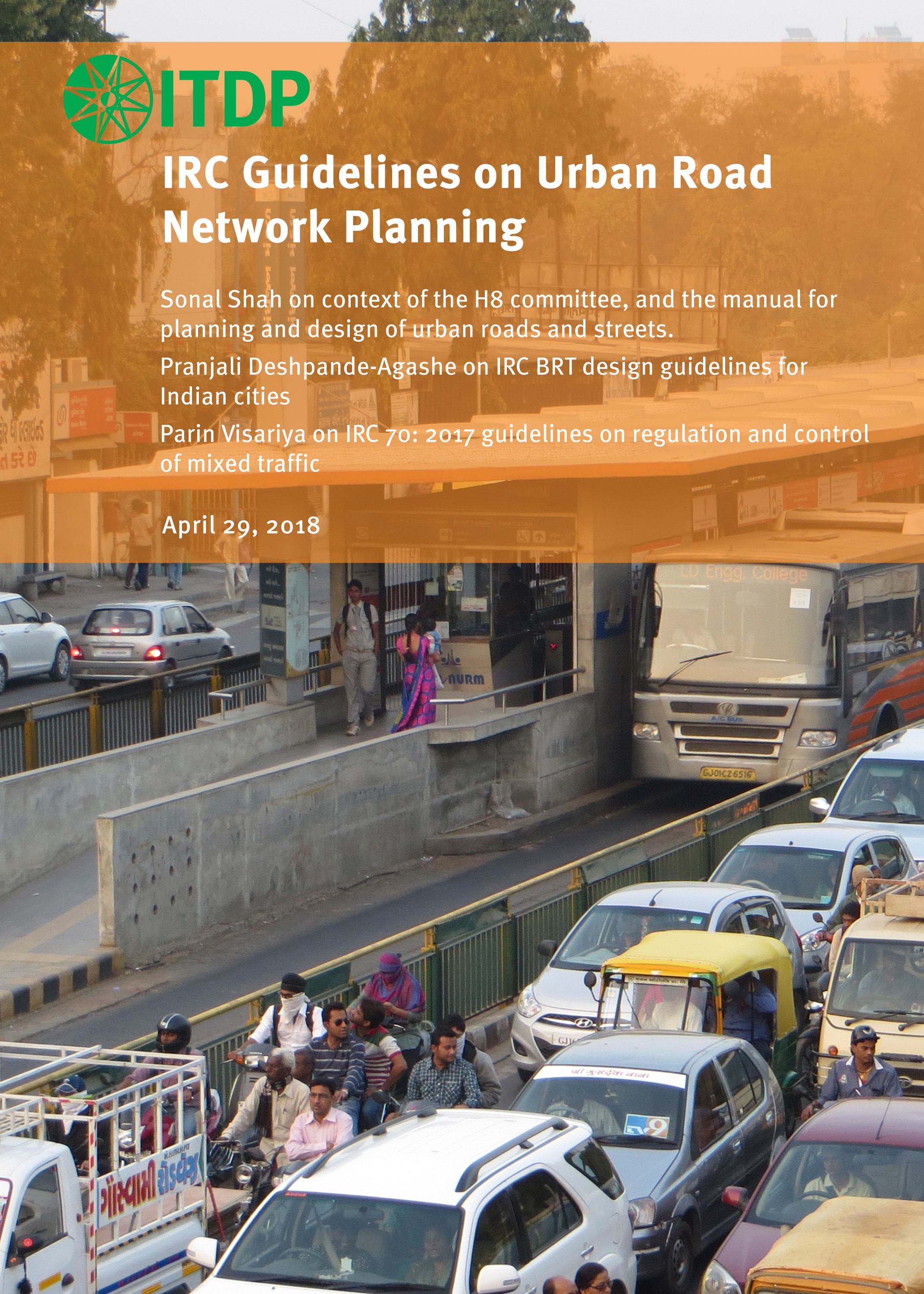State Transport Undertakings (STUs) across India face declining ridership due to overcrowding, limited amenities, and competition from private vehicles and ride-hailing services. To address this, ITDP India conducted a survey on Premium Bus Services in Chennai, aiming to understand commuter preferences for comfort, reliability, and convenience.
The survey focused on private vehicle users—car and two-wheeler owners—to identify factors that could encourage a shift back to public transport.
The findings were compiled in the report Chennai’s Perspective of Premium Bus Service.
Download the full analysis here: Chennai’s Perception of Premium Bus Service




